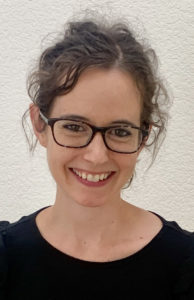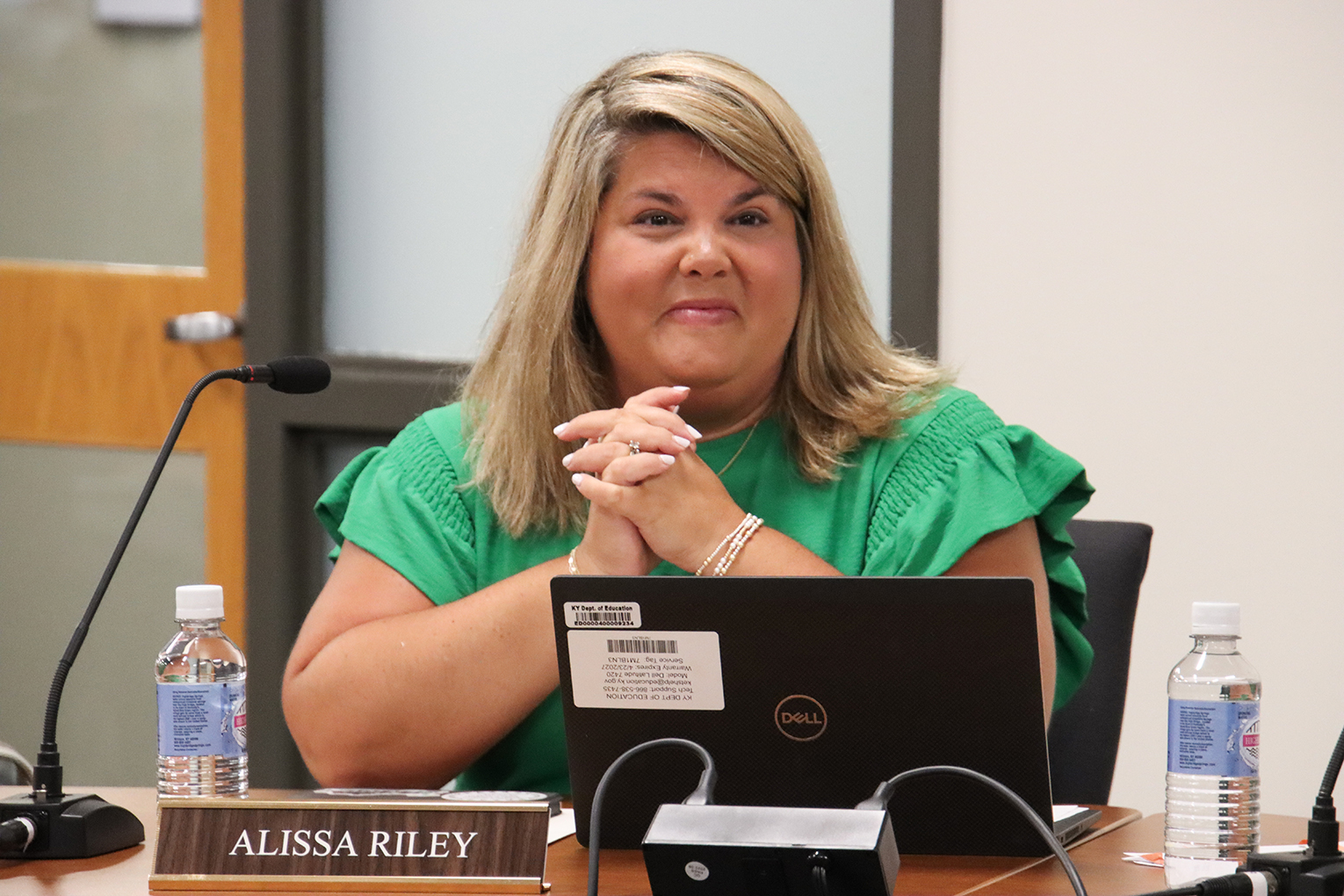
Leigh Cocanougher
Environmental education provides the skills for people of all ages to develop a deeper understanding of environmental issues and recognize how their actions and behaviors affect the environment. Environmental education informs, encourages and enlightens. It builds human capacity, influences attitudes and inspires action. Just as importantly, it can motivate people to make informed, responsible decisions about the environment that lead to lifelong stewardship and a more sustainable society.
According to Novice Reduction Coach Wanetta Morrow, who spoke to Kentucky teachers about novice reduction techniques in 2016, two of the top strategies proven to make a large impact on student achievement are metacognition and direct explicit instruction.
A third strategy that could be added to that list is incorporating environmental education into the curriculum. Doing so makes sense in a number of ways.
Metacognition helps students understand the way they learn. Environmental education does the same. A core tenet of environmental education mirrors the metacognition idea. Environmental education teaches students how to think, not what to think, about the environment.
Metacognition requires students to be mindful as they complete their lessons, determining what pieces to the puzzle they don’t have and need to learn to solve the question at hand. By its very nature, environmental education asks students to be actively conscious of their learning as they question, observe, investigate and analyze. As a result, it transforms students into creative problem solvers with the ability to make informed decisions not only in their school work, but also in their personal lives.
Second, studies demonstrate again and again how environmental education improves students’ focus and keeps them engaged in ways more traditional curriculum might not.
“Kids are highly engaged whenever you take them outside for a lesson,” said Kristi Fehr, a K-5 science teacher at Cassidy Elementary (Fayette County), at a recent environmental education workshop hosted by the Kentucky Association for Environmental Education. “Lessons are more memorable and the students really take an interest in the material when you are outside.”
A growing body of research shows environmental education’s (EE) positive impact on students who struggle academically, socially or both.
“There is a mountain of evidence that suggests EE is a powerful way to teach students,” wrote Nicole Ardoin from Stanford University’s Graduate School of Education in the 2016 research paper, “Environmental education and K–12 student outcomes: A review and analysis of research.”
“Over 100 studies found that it provides transformative learning opportunities. There is no doubt that environmental education is one of the most effective ways to instill a passion for learning among students,” documents the paper, which was printed in The Journal of Environmental Education.
Other researchers have found that environmental education instills a desire for learning differently than traditional curriculum might.
“The most important thing environmental education provides for students is passion and interest in learning,” wrote Doug Knapp of the Indiana University Department of Recreation, Park and Tourism Studies in a Journal of Environmental Education article. “Environmental education creates meaningful learning experiences and engages students in ways that help them grasp and retain new information more effectively than conventional curricula.”
Researchers at Stanford University recently highlighted a year-long study of New York-based middle school teachers who incorporated environmental education into their traditional learning curriculum. An article in Applied Environmental Education & Communication called “A Case Study of Indoor Garden-Based Learning with Hydroponics and Aquaponics,” states that the “hands on aspect [of environmental education] is an equalizer … [for] students with a variety of learning styles and learning abilities.”
In the article, the researchers also described a two-year study of high school students in Florida that demonstrated that “when controlling for factors like GPA, gender, ethnicity, and socioeconomic status, students who participated in environmental education programs scored significantly higher on measures of critical thinking skills and demonstrated significantly more likeliness to apply those skills in the future.
“A 9th-grade student explained, ‘This program has changed the way I feel about school. Now I realize that I can pretty much do what anybody else can do. I have a better view of what I can be in the future.’”
Whether they are in 9th grade or 1st, in kindergarten or college, students of all ages reap the benefits of environmental education. Emily Marchant, a researcher in Medical Studies at Swansea University, was the lead author of the study, “Curriculum-based outdoor learning for children aged 9-11: A qualitative analysis of pupils’ and teachers’ views,” which detailed the recent Swansea University study revealing that as little as an hour a week of outdoor learning has tremendous benefits for students.
”We found that the pupils felt a sense of freedom when outside the restricting walls of the classroom …,” the report said. ”They also said they felt more engaged and were more positive about the learning experience. We also heard many say that their well-being and memory were better, and teachers told us how it helped engage all types of learners.”
As studies like these explain, the benefits of environmental education have been demonstrated among students of all ages and all achievement levels. And because environmental education is fundamentally interdisciplinary and multidisciplinary, it can be incorporated into any subject taught in Kentucky schools while fitting into the Kentucky Academic Standards.
Environmental education could be the third strategy to complete the plan for novice reduction in Kentucky’s schools.
Leigh Cocanougher is the outreach coordinator for the Kentucky Association for Environmental Education. She has worked in Kentucky’s education field for more than nine years and is a graduate of Centre College.



Leave A Comment